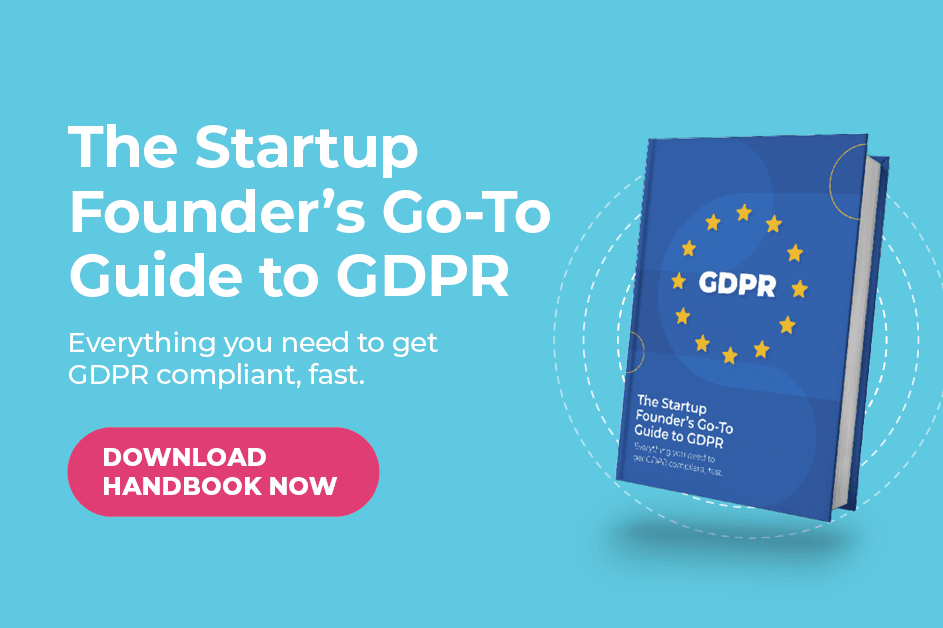Learn the essentials of South Africa's POPIA, its impact on data protection, and how it compares to global privacy laws.
GDPR Certification
The General Data Protection Regulation (GDPR) is a comprehensive data protection law enacted by the European Union (EU) to safeguard the privacy and personal data of individuals within the EU. Achieving GDPR certification demonstrates that an organization complies with GDPR requirements, thereby ensuring data privacy and security. This certification not only enhances trust with customers and partners but also helps avoid potential legal penalties.
Understanding GDPR Certification
GDPR certification, also known as GDPR compliance certification, is a formal recognition that an organization adheres to the data protection standards set forth by the GDPR. This certification is awarded by accredited bodies that assess an organization’s data protection practices, policies, and procedures against the GDPR requirements.
Importance of GDPR Certification for Companies
Achieving GDPR certification for companies is crucial for several reasons:
- Legal Compliance: It ensures that the organization is in compliance with GDPR, thereby avoiding hefty fines and legal penalties.
- Customer Trust: It enhances customer confidence in the organization’s ability to protect their personal data.
- Competitive Advantage: It differentiates the organization from competitors who may not have the certification.
- Global Reach: It enables the organization to do business with EU-based customers and partners without legal complications.
How to Become GDPR Compliant
Becoming GDPR compliant involves several steps. Organizations must implement robust data protection measures, document their compliance efforts, and undergo an assessment by an accredited certification body. Download our Go-To Guide to GDPR for a breakdown on the regulation and the fastest way to get there, otherwise here’s a quick overview on how to become GDPR compliant:
- Understand GDPR Requirements: Familiarize yourself with the key principles and requirements of GDPR, including data subject rights, data processing conditions, and breach notification obligations.
- Conduct a Data Protection Impact Assessment (DPIA): Identify and assess the risks associated with data processing activities and implement measures to mitigate these risks.
- Implement Data Protection Policies: Develop and enforce comprehensive data protection policies and procedures that align with GDPR requirements. This includes policies for data collection, processing, storage, and deletion.
- Appoint a Data Protection Officer (DPO): If required, appoint a DPO to oversee the organization’s data protection strategy and ensure ongoing compliance.
- Train Employees: Conduct regular training sessions to educate employees about GDPR requirements and the importance of data protection.
- Document Compliance Efforts: Maintain detailed records of all data processing activities and compliance measures taken.
- Undergo a Certification Audit: Engage an accredited certification body to conduct a thorough audit of your data protection practices. The auditor will assess your compliance with GDPR and identify any areas that require improvement.
- Obtain the GDPR Certificate: Upon successful completion of the audit, the certification body will issue a GDPR certificate, indicating that your organization is GDPR compliant.
The Role of GDPR Approved Certification Bodies
GDPR certification is granted by GDPR approved certification bodies that have been accredited by the relevant supervisory authority. These bodies conduct rigorous assessments to ensure that organizations meet the stringent requirements of GDPR. The certification process involves a thorough evaluation of the organization’s data protection measures, documentation, and overall compliance with GDPR principles.
Benefits of Holding a GDPR Certificate
Holding a GDPR certificate offers numerous benefits to organizations, including:
- Enhanced Reputation: Demonstrates a commitment to data privacy and security, boosting the organization’s reputation.
- Increased Business Opportunities: Facilitates business with EU-based customers and partners, opening up new markets.
- Risk Mitigation: Reduces the risk of data breaches and associated legal penalties.
- Regulatory Confidence: Provides assurance to regulatory authorities that the organization is compliant with data protection laws.
Maintaining GDPR Certification
Maintaining GDPR certification requires ongoing compliance with GDPR requirements. Organizations must regularly review and update their data protection practices, conduct periodic audits, and address any identified non-compliance issues promptly. Continuous employee training and awareness programs are also essential to ensure sustained compliance.
GDPR certification is a vital component of an organization’s data protection strategy. By achieving GDPR compliance certification, companies can demonstrate their commitment to safeguarding personal data, enhance customer trust, and gain a competitive edge in the market. The process of becoming GDPR compliant involves a series of steps, including understanding GDPR requirements, conducting DPIAs, implementing robust data protection policies, and undergoing certification audits by GDPR approved bodies. Holding and maintaining a GDPR certificate not only ensures legal compliance but also promotes a culture of data privacy and security within the organization.






